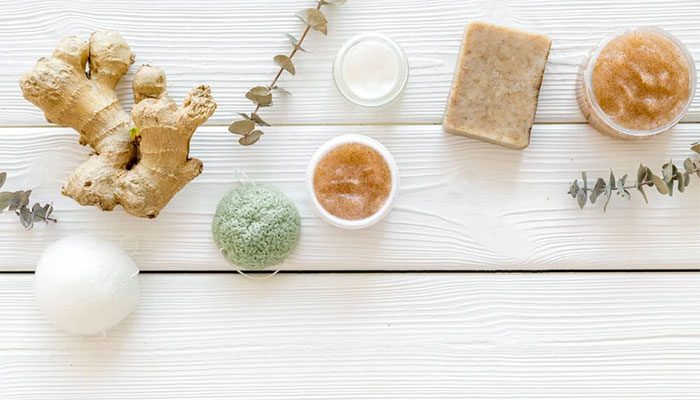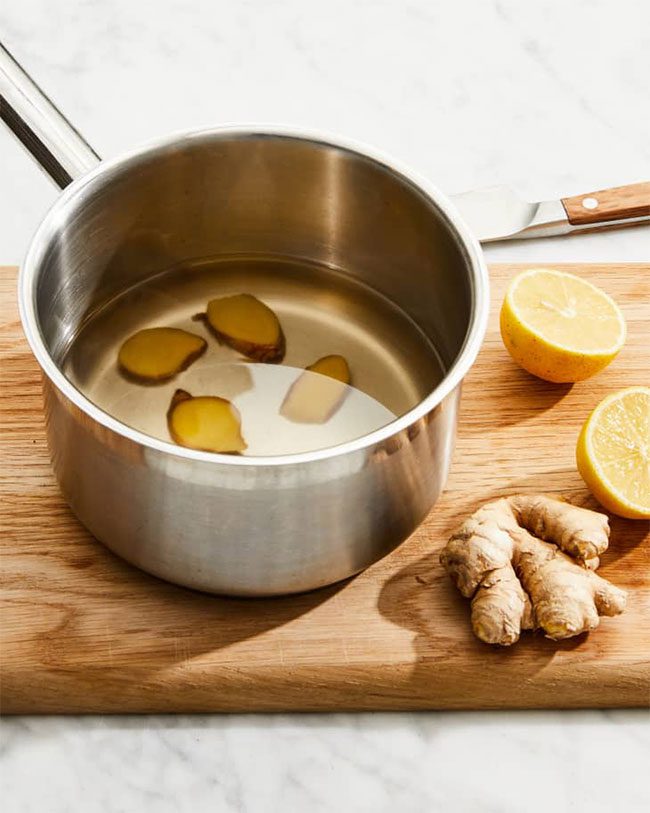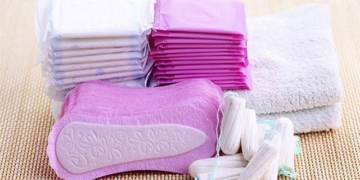Taking a ginger bath in winter can help enhance health by promoting better sleep and reducing inflammation. However, not everyone should take ginger baths.
If you enjoy sipping ginger tea when you have a stomach ache, headache, or cold, then taking a ginger bath may provide you with some relief. Ginger baths have long been considered a folk remedy for soothing the spirit, detoxifying the body, improving metabolism, reducing inflammation, and aiding digestion, among many other benefits. However, it is important to note that not everyone should take ginger baths, so it is essential to be cautious when using this method.
1. What are the benefits of taking a ginger bath?

A ginger bath is a traditional remedy that has been used for a long time.
Ginger is a medicinal herb that is warm in nature and spicy in taste. Taking a ginger bath is a folk remedy that has been around for ages. However, there is currently no scientific research or clinical evidence to prove the benefits of ginger baths.
Nonetheless, ginger baths are recognized for potentially offering various health benefits when done correctly. Here are some notable effects of taking a ginger bath that you may find helpful:
- Helps alleviate cold or flu symptoms: The steam and aroma of ginger can be very helpful in reducing symptoms such as nasal congestion, runny nose, and cough.
- Supports detoxification: A ginger bath will induce sweating, which helps eliminate toxins accumulated in the body. After bathing, you will feel lighter, especially when you are unwell.
Moreover, taking a ginger bath not only detoxifies the body through sweat but also allows the aroma and oils of ginger to penetrate the pores of the skin, making your body smell pleasant.
- Soothes the mind and promotes better sleep: The fragrance of ginger can enhance your mood, and the relaxation from bathing can help calm your mind. When your spirit is at ease, your sleep will also improve.
- Helps reduce inflammation: Ginger has anti-inflammatory properties that can reduce swelling and pain in the body. Individuals suffering from arthritis, fibromyalgia, and muscle injuries may greatly benefit from ginger baths.
- Helps relieve menstrual cramps in women: A ginger bath can relax the body and keep it warm, which may help ease uterine contractions during menstruation and alleviate abdominal pain.
- Other benefits: Ginger baths are also thought to aid digestion, improve metabolism, and enhance blood circulation.

Taking a ginger bath in winter helps prevent many ailments. (Photo: Internet).
2. Precautions when taking a ginger bath
While taking a ginger bath in winter is a beneficial folk remedy, it can negatively affect health if not done correctly. Therefore, before deciding to take a ginger bath, you should keep the following points in mind:
- Check if your skin is sensitive to ginger – this is especially important for individuals with sensitive skin, especially children. You can test by applying a small amount of diluted ginger water to a small area of skin and leaving it for about 3 to 5 minutes. If you experience tingling, itching, or redness, you may be allergic to ginger.
- Avoid using too much ginger for bathing, as it may cause skin irritation and a burning sensation similar to a mild burn.
- Remember to hydrate after taking a ginger bath, as the body sweats a lot and loses fluids during the process.
- Avoid taking ginger baths every day, as it may lead to severe dehydration. It is recommended to bathe 1 to 2 times a week to see the benefits.
- If you have high blood pressure, diabetes, heart conditions, or if you are under 2 years old, you should avoid ginger baths. Pregnant women, individuals with liver issues, or those on blood-thinning medication should consult a doctor before using this method.
- Children with a hot constitution, mouth sores, or constipation should also avoid ginger baths.

Individuals with high blood pressure, diabetes, heart conditions, or children under 2 years old should avoid ginger baths. (Photo: Internet)
3. Instructions for taking a ginger bath
A ginger bath can be performed in various ways. Here are some methods for taking a ginger bath to support different health conditions:
Ginger bath for health enhancement
This is the simplest method to prevent colds or flu during the cold season. You can follow these steps:
- Prepare 3 pieces of ginger, wash them well, and keep the skin on. Then, crush or pound the ginger.
- Prepare a basin of hot water and add the crushed ginger to steep for about 5 to 10 minutes.
- When the water cools to a warm temperature, you can start bathing.
Ginger bath for colds
For cases of colds, you can combine ginger with lemongrass for a more effective bath:
- Prepare 1 piece of ginger and a handful of lemongrass, wash them well. Keep the skin on the ginger, but peel the outer layer of the lemongrass.
- Add the ginger and lemongrass to a large pot, fill it with water, and bring it to a boil.
- Pour the water into a basin and let it cool before bathing. If you find the water too concentrated, you can dilute it with a little warm water.
When bathing with ginger water, you may soak a bit longer to allow the nutrients from the ginger to permeate your body. Afterward, you should dry off, rest, and rehydrate. Moisturizing your skin after bathing in winter is also essential to prevent dryness and cracking.



















































